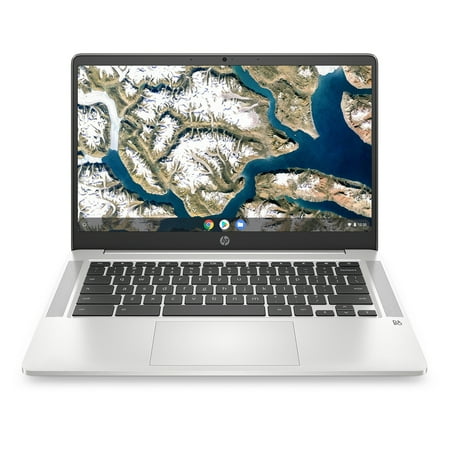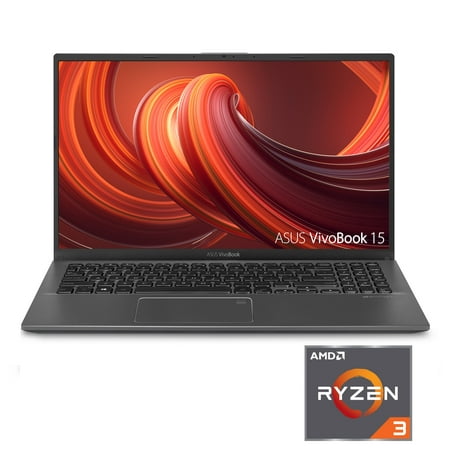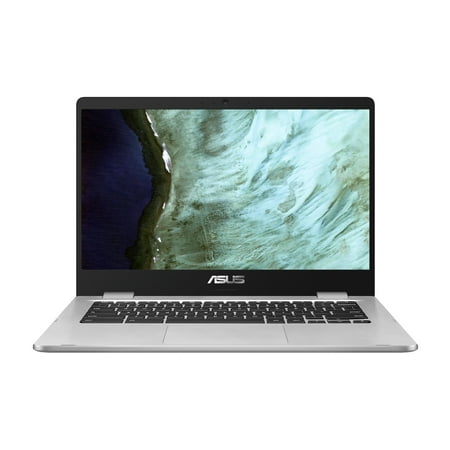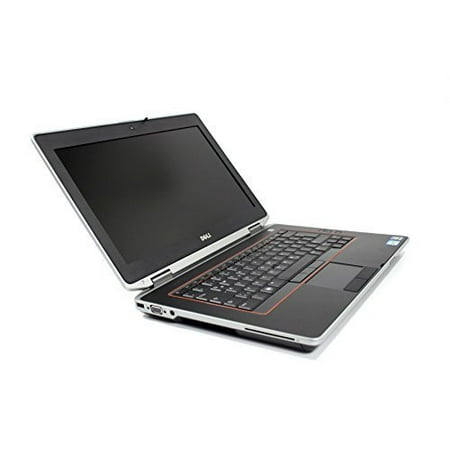Dell XPS 15 Laptop – Dell USA
Bring your ideas to life with the new XPS 15. A refined 16:10 InfinityEdge display with 100% Adobe RGB color delivers brilliance that makes your creations as vivid as your imagination.
Operating System
Put on stunning display
Display like no other: Take full advantage of HDR content’s superior dynamic range with Dolby Vision™, which can deliver colors never before seen on SDR PC displays. Dolby Vision content can deliver highlights that are up to 40 times brighter, and blacks that are up to 10 times darker.
See every detail: The optional 4K Ultra HD+ (3840 x 2400) display offers pinpoint accuracy for all of your computing needs. See the detail of every pixel in photos without needing to zoom in or see more content while browsing the web.
Deep contrast: Get immersed in your content, movies and games with vivid, true-to-life color on the new 3.5K (3456 x2160) OLED display option. Perfect black provides phenomenal contrast ratio (100,000:1) so content comes alive with breathtaking detail especially in dark areas. Wide color gamut (100% DCI-P3) is more true to life, great for content consumption.
Color that pops: Equipped with 100% Adobe RGB and 94% DCI-P3 color gamut, the optional 4K UHD+ display delivers saturated colors while a 1600:1 contrast ratio allows you to see the brightest brights and darkest darks. And 500-nit brightness provides more clarity in bright light, like outdoors.
Easy on the eyes: An Eyesafe® display reduces harmful blue light and maintains vivid color. It’s the first panel to intelligently manage light energy at the source – selectively reducing harmful blue light and dispersing it across the light spectrum.
Stunning indoors and out: Keep your vibrant visuals going when working outside or in a bright light with up to a 0.65% anti-reflective coating which provides less glare in both these scenarios in order to maintain a striking glossy screen.
Fuel your wildest creations
More creating, less waiting: Edit videos and export them faster. Use AI to help you design and broadcast at higher quality with AI effects. From ray tracing to AI-powered video editing, optional NVIDIA® GeForce RTX™ 3050 Ti GPUs deliver the performance to boost workflows and accelerate your creative genius.
Dell Power Manager: This application allows users to manage system behaviors such as acoustics (fan speeds), battery life and performance based on their preferences between quiet, performance, cool, and optimized modes. The selectable modes provided allows the user to change the power of the system. This solution, engineered by Dell, dynamically delivers the best performance form the processor, based on the mode best suited to that user, while intelligently monitoring and managing system temperatures. And with the latest Intel® Dynamic Tuning Technology, the laptop is actively changing the power of its CPU to optimize your specific workload, increasing performance when you need it.
Faster memory, more storage: Your system boots and resumes in seconds thanks to up to 2TB of solid-state drive storage. Multi-task in a flash even on intense applications with up to 64GB of memory at 3200MHz.
Killer™ Wireless: With advanced Wi-Fi 6 technology and theoretical throughput speeds of up to 2.4 Gbps, the Killer AX1650 is nearly three times as fast as the previous generation of 80MHz 2×2 AC products. It prioritizes streaming video, communication, and game traffic in your system for fast, smooth online experiences.
Advanced thermal design: From dual fans separated to spread heat over a large area, to dual heat pipes to hidden exhaust venting through the hinge, thermal design ensures you have the best performing system in the thinnest form factor possible.
Additional information
| Height | 0.71" (18.0 mm) |
|---|---|
| Width | 13.57" (344.72 mm) |
| Depth | 9.06" (230.14 mm) |
| Starting weight | 3.99 lb (1.81 kg) |






Reviews
There are no reviews yet.